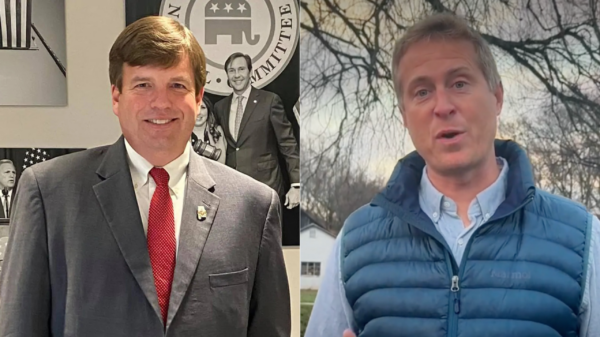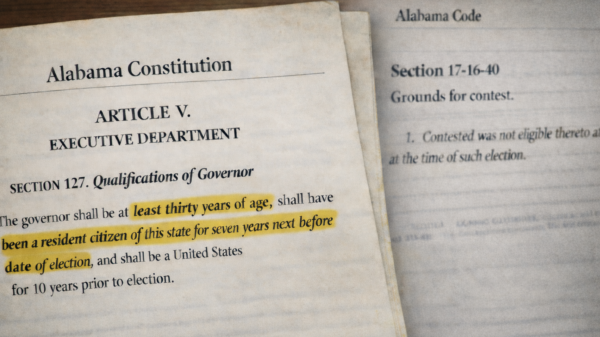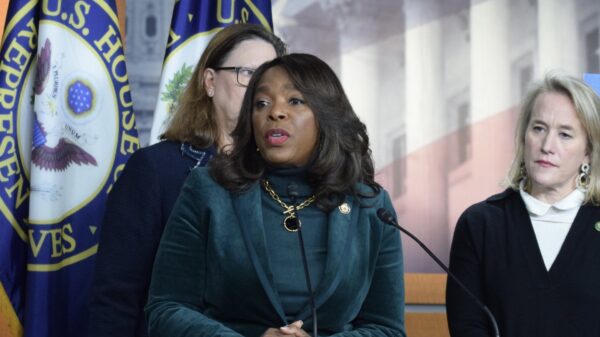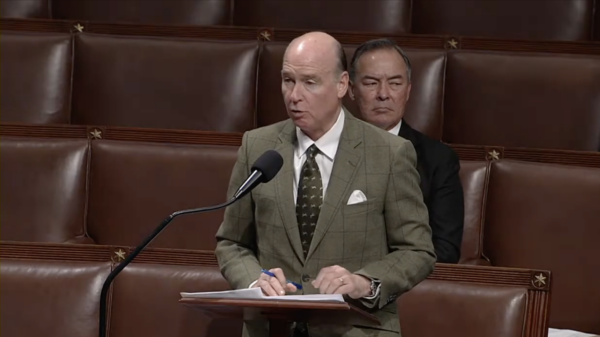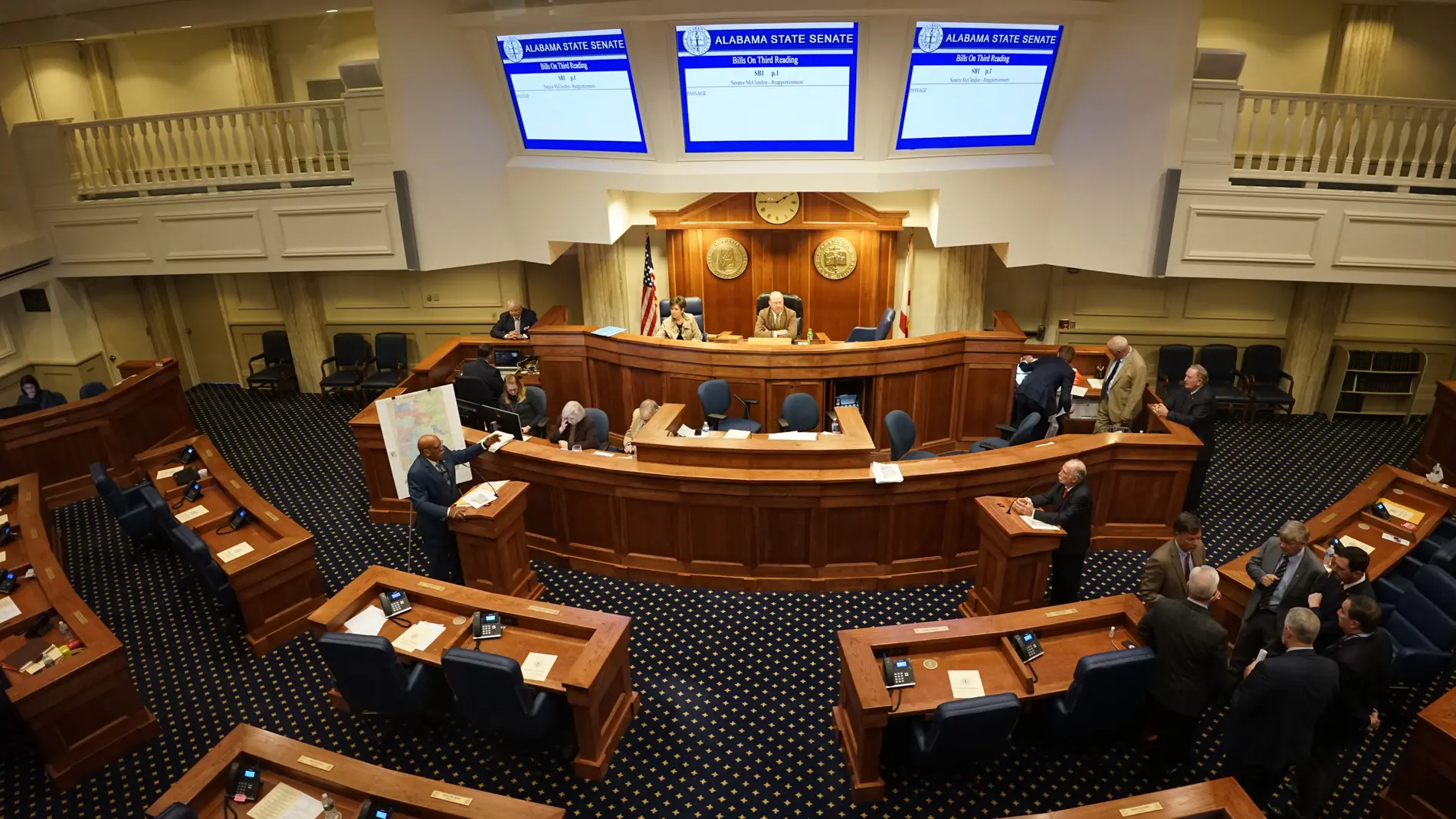In the contentious cesspool of Alabama’s legislative process, the gaming package has sparked fervent debates and sharp divisions among lawmakers, underscoring a troubling dynamic of governance where the voice of the electorate is stifled by the manipulative grips of special interests and political obstinacy.
In what is being considered a display of arrogance and disregard for voters, President Pro Tempore Greg Reed and Senate leadership reportedly met Wednesday night. Sources indicate they decided not to seek additional votes for the gaming measure, an audacious move to halt the legislation’s passage despite needing only one more vote to change the outcome.
In a rare moment of bipartisan agreement, the Alabama House of Representatives managed to pass a comprehensive gambling bill—a flawed compromise, yet a critical step forward after a 25-year stalemate. This legislation, for the first time in a quarter-century, offers Alabamians a direct say on whether gambling should be legal in their state. However, this moment of progress is now overshadowed by the ominous clouds of the Senate, where the bill encounters staunch resistance, threatening to derail the hopes of many.
Despite overwhelming public support, with polling indicating strong favor towards allowing a vote on the gambling amendment, a cabal of Republican senators stands firmly against it. Senators including Greg Allbritton, Gerald Allen, Lance Bell, Tom Butler, Josh Carnley, Chris Elliott, Sam Givhan, Keith Kelley, Wes Kitchens, Arthur Orr, Dan Roberts, Shay Shelnutt, and Larry Stutts have dug in their heels, citing various concerns from the impact on local communities to ethical considerations regarding the restructuring of government departments that the bill entails. This resistance comes amid accusations of kowtowing to external pressures from lobbying groups and influential conservative organizations that vehemently oppose the gambling legislation.
Adding a layer of complexity, these senators’ obstinance flies in the face of significant endorsements, including that of Governor Kay Ivey, who has voiced strong support for the package. Yet, some senators seem indifferent to such endorsements, instead choosing to align with external groups that promise potential political gain for those opposing the bill.
This deadlock not only showcases a blatant disregard for democratic principles—where elected officials seemingly prioritize special interests and personal agendas over the public will—but also spotlights the broader issue of governance in Alabama. As the bill teeters on the precipice of passage or defeat, it’s imperative to question why a minority within the Senate should hold the power to nullify the voices of millions, especially when the majority of Alabamians have expressed a clear desire to vote on this critical issue.
The Senate debacle has even received attention from the eldest son of former president Donald Trump, who wrote on X, about the current resistance, “Makes no sense to me!”
“I’m excited to be in Alabama next week for a fundraiser for my dad, but whenever I ask anyone from there what’s going on in the state, this is all they talk about,” Trump posted.
I’m excited to be in Alabama next week for a fundraiser for my dad, but whenever I ask anyone from there what's going on in the state this is all they talk about. Why's their senate refusing to let the people vote on a clean bill to legalize the lottery & fund education when 45… https://t.co/g6rWOvAWJC
— Donald Trump Jr. (@DonaldJTrumpJr) May 2, 2024
“Why’s their senate refusing to let the people vote on a clean bill to legalize the lottery & fund education when 45 states already do it? Wouldn’t they rather keep the billions of dollars in Alabama instead of sending it to other states?”
The former president and his family have spent years in the casino business and have been working to bring casino gambling to their Miami golf club.
The saga of the gambling bill in Alabama is a stark reminder of the need for ethical reform and transparency in legislative processes, to ensure that the will of the people is not sidelined by a handful of influential dissenters. As this drama unfolds, it remains to be seen whether the Senate will ultimately facilitate a democratic resolution or continue to obstruct the path to a referendum, thereby denying Alabamians a direct say in shaping the future of gaming in their state.


